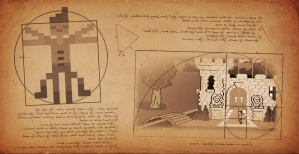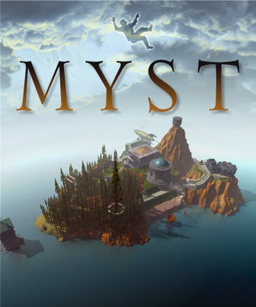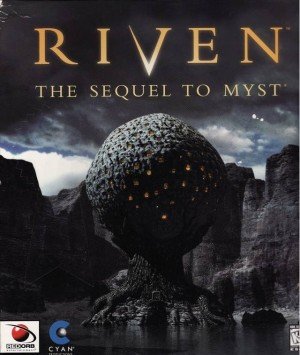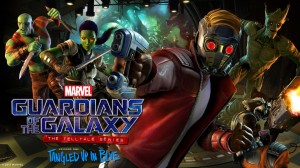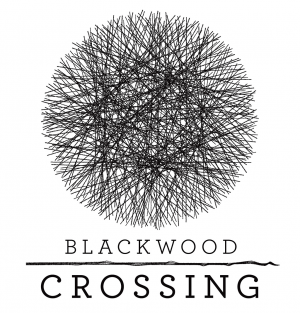2017 Aggie Awards – Readers’ Choice poll

List time!
Everyone loves “best of” debates, so it’s time once again for you, the adventure community, to chime in with your opinion on the top games of the past calendar year.
You’ve seen our final nominees, so you’ll know where we’re heading when the Aggie Awards presentation arrives later this month. But these are certainly NOT your only choices, oh no. You now have the challenge of going through the same monster list of games released in 2017 to decide for yourselves which are the cream of the crop. Think it’ll be easy? Think again! There are nearly 140 adventures to choose from!
Even with that staggering number, no doubt there will be the usual murmurs about what isn’t included. Hopefully by now you understand our criteria, but to recap: no unfinished episodic serials, no ports, remakes or rereleases, and no game that does not meet AG’s definition of “adventure” as a game that focuses on puzzle-solving within a narrative framework. So yes, that may mean some of your favourite puzzle-free adventure-like games may not be eligible. But c’mon, 138 games is enough choice for anyone.
As usual, the poll operates largely on the honour system: one vote per person, no ballot stuffing. We will keep an eye out for suspicious activity, but rarely do we encounter such problems, so clearly we’re on the same page already. This is how it works best – in fact, this is the ONLY way it works – so once again let’s do it right and make sure only the most deserving winners are rewarded.
Most categories have a (looooong) drop-down menu of games to choose from. You are NOT required to vote in every category. Anywhere you wish to abstain, simply leave the list set to its no answer default. There are two write-in categories, and for these we require both the game title and the character or concept you’re nominating for their respective rewards. If you just submit Thimbleweed Park for Best Character, we won’t know if you’re a fan of the gruff Special Agent Ray, the foul-mouthed Ransome the clown, or even the costumed Pigeon Brothers plumbers. So please, specify!
After much deliberation, we once again brought back the always-controversial Best Non-Traditional and Best Traditional Adventure categories, and we’ve separated the eligible games into their respective categories already. (This is the ONLY editorializing we’ve done to the polling process, giving you full control over the rest.) We know the lines between these two categories are blurry at best, almost indistinguishable at worst, and you can surely make a case for why a particular game should be in the other category. It's anything but an exact science. But to argue over the issue is to lose sight of what’s important: that we recognize BOTH the games that try something a little different, and those that refine the tried-and-true formula we all know and love. Every game will be eligible for ONE of them, so nothing will be overlooked.
But enough of the preamble! Time for you to make your voices heard. And we cannot stress how important it is. With so many games to choose from, each and every vote is crucial. Some categories have literally been won by a single extra ballot in previous years!
Voting will be open for one full week, ending Monday, February 19th. Winners will be unveiled in our final Aggie Awards presentation over the course of three days from Wednesday, February 21st to Friday, February 23rd.




